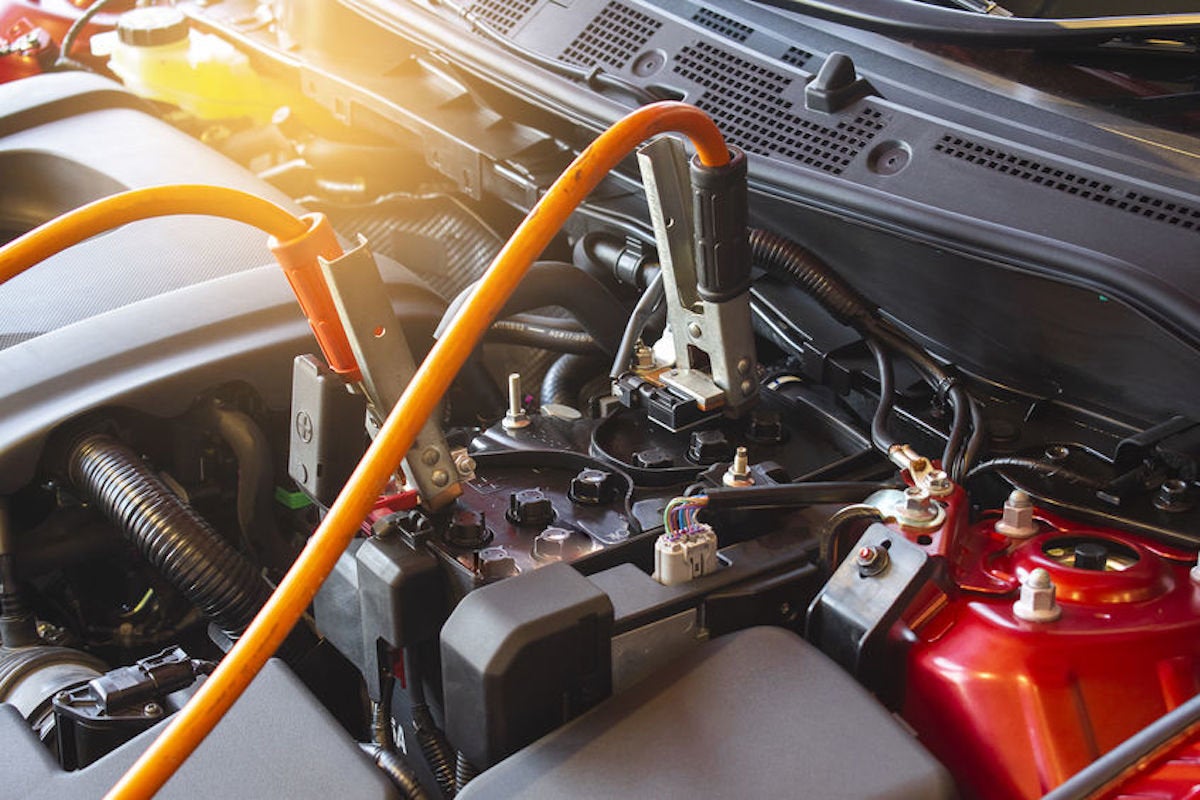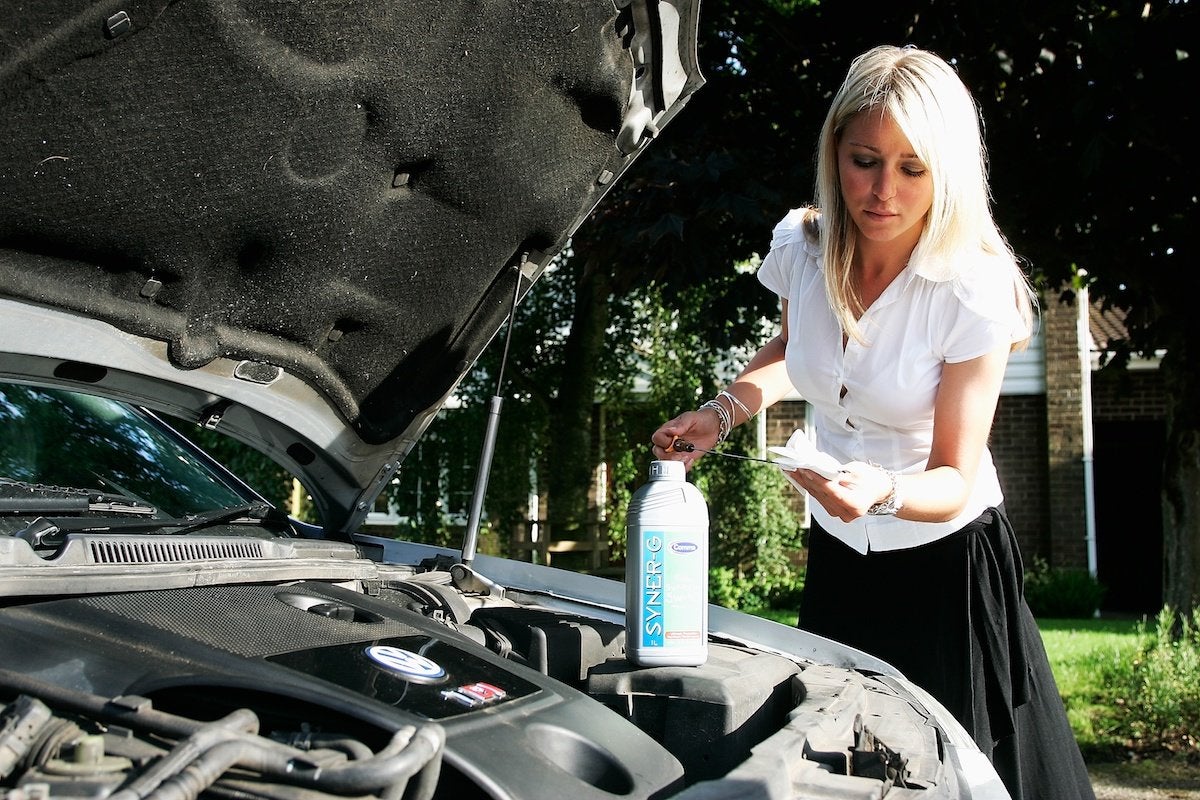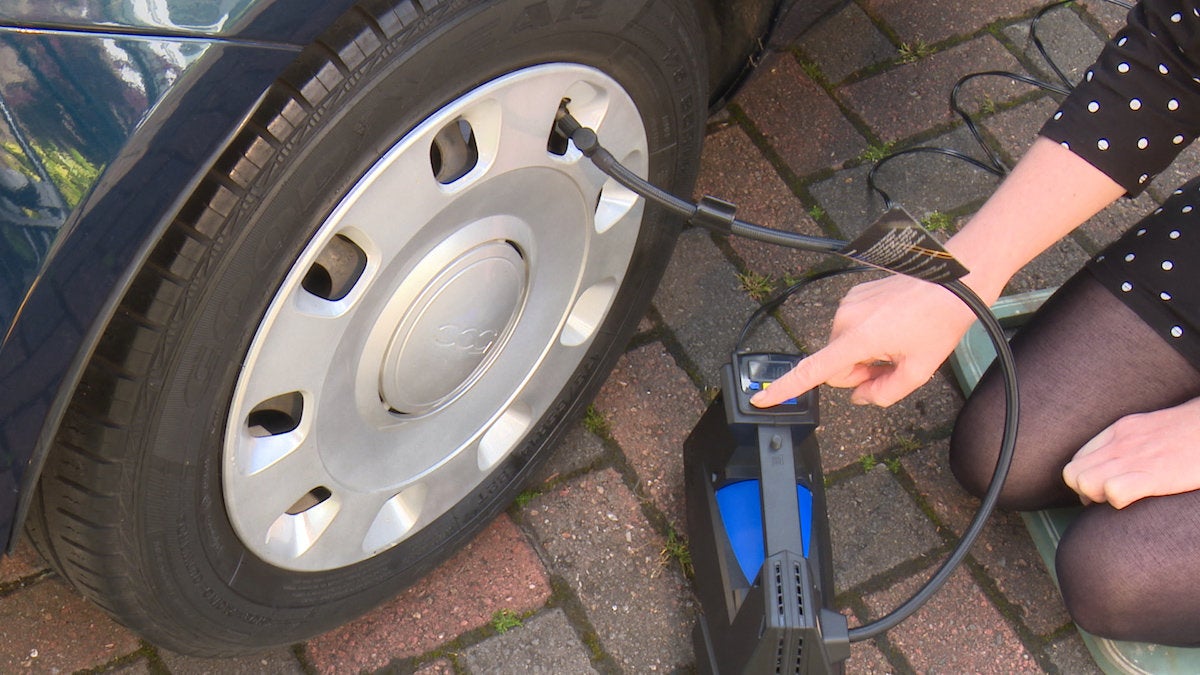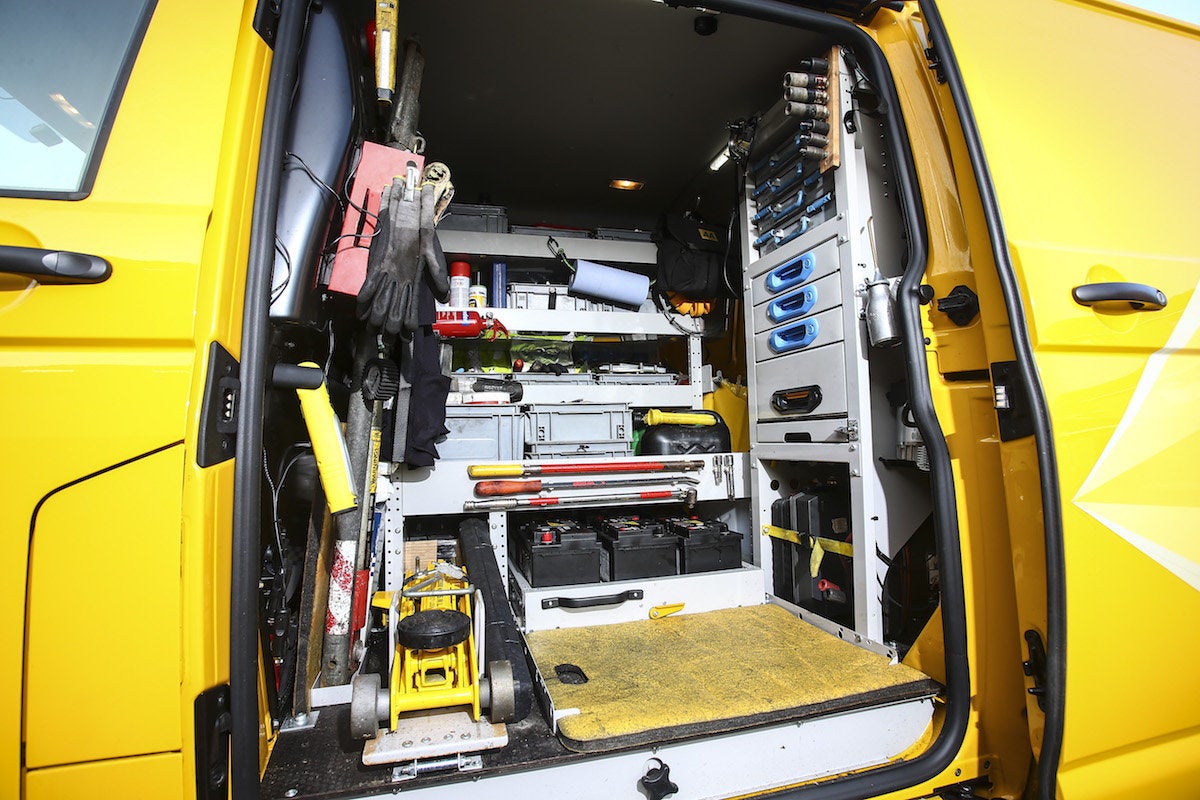At the height of coronavirus lockdown measures in the UK, many of us found that our cars weren’t turning a wheel for weeks on end. Government guidelines stated that we should only be using our vehicles to travel to and from work (but only if we can’t work from home), to collect or deliver essential supplies, and to travel to medical appointments.
Vehicle use was down by two thirds compared with normal levels, according to official figures, which suggests at one time there were tens of millions of cars across the country that weren’t being driven regularly, if at all. Even now, lots of us are using our vehicles far less than we used to.
Counter-intuitively, these cars require just as much upkeep as those that are being used. This CarGurus guide tells you everything you need to know about maintaining your car during the COVID-19 crisis.

What Happens When Your Car Isn't Used
Left alone for weeks on end, a car can develop all manner of problems: its brakes can begin to corrode and seize; its tyres can lose pressure and deform; and its battery can die, causing electronic systems to shut down. Keeping on top of all of those things will help to keep your car in working order, which means you’ll be able to carry on using it safely and confidently once the travel restrictions have been eased. Ideally, a car that’s being left unused for an extended period of time will be stored in a dry garage and connected to a trickle charger (to keep the battery in good condition). That isn’t possible for the majority of people, but there are still a number of basic measures you can take, the first of which is to roll your car forwards and backwards by a few metres once a week or so. This will help to prevent the brakes from corroding, meaning they won’t seize. Additionally, this will prevent your tyres from becoming misshapen or developing flat spots. Over-inflating your tyres (but only by a modest amount, around 10 or 20 per cent) will also help, although you must remember to readjust the pressures when you come to drive the car. If your vehicle is parked on private land and on level ground, it’s advisable to leave the handbrake off (and the car in gear) to prevent the parking brake from binding on.

Keeping Parts Moving
Modern cars in particular have many electronic systems that can gradually drain the battery even if the car isn’t being used. Starting your car up and letting it idle for 15 minutes once a week will prevent it from draining entirely, meaning you won’t have to jump or bump start your car to get it running again. Keeping coolant, oil and fuel circulating around the engine is also beneficial. Meanwhile, switching the air conditioning on as the engine idles will prevent mould from building up in the ventilation system.

Basic Maintenance
This lockdown period is also a good opportunity to carry out basic maintenance checks. You should ensure the windscreen washer fluid, coolant, engine oil and brake fluid levels are all correct. Check that headlights, sidelights, brake lights and indicators are all working as they should. Finally, make sure the car’s tyres still have plenty of tread left on them and are correctly inflated.
Is your car in need of a service? Most service centres and garages remained open during the lockdown to maintain and repair the cars of NHS staff and key workers. As travel restrictions eased (in England at least), the rest of us were able to book our cars in for a service as well. Most modern cars will display an alert on their dashboards or infotainment systems to tell you when they’re due a service. Otherwise, the owner’s manual will clearly set out the service schedule. It should also include a running record of all prior service work.
Even if you have no plans to use your car for the foreseeable, it does still need to be taxed and insured as though you are still using it. The only exception to this is if it’s parked on private land and you’ve filed a statutory off-road notification (SORN).

What to do if your Car Breaks Down During Lockdown
Recovery services such as the RAC and AA, as well as local firms, continued to operate throughout the lockdown. Mechanics should have been advised to follow social distancing measures, such as keeping at least two metres apart at all times. You should do the same to protect their wellbeing. They will also wear protective gloves and use hand sanitising gel, plus antiviral wipes to disinfect any part of your car they may have touched.
Finally, be aware that recovery services will only attend a break down for customers with COVID-19 symptoms, or who are self-isolating, in exceptional circumstances. The important thing is to be upfront and honest when explaining what assistance you require.
Related Topics:
What Drivers Need to Know During the Coronavirus Crisis
Cleaning Your Car to Help Prevent the Spread of COVID-19
How to Safely Buy a Car During the Coronavirus Outbreak
